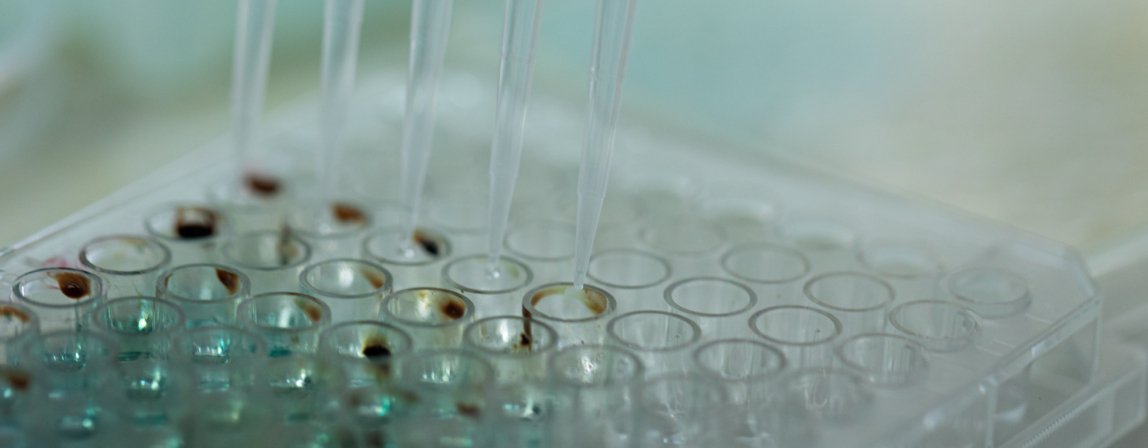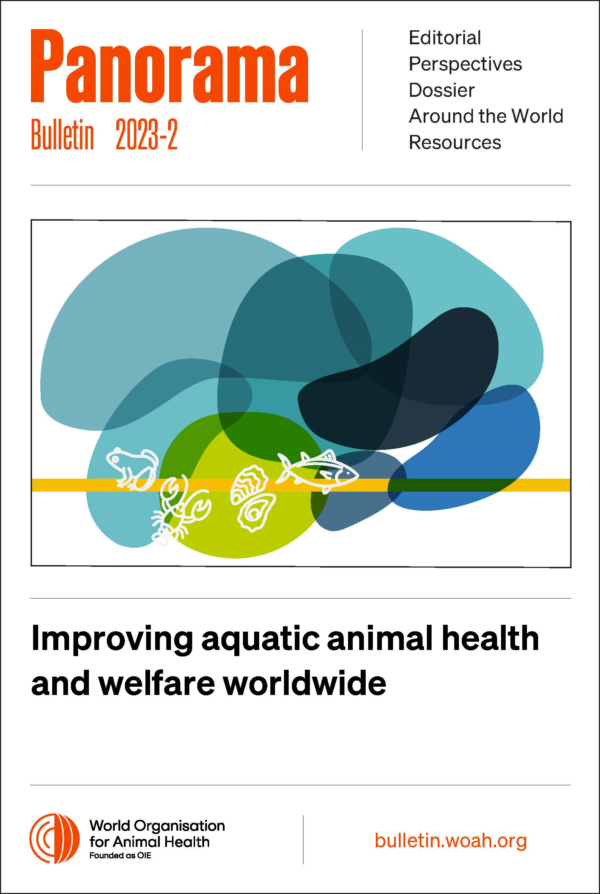Keywords
Authors
M. Allan(1)* T. Patanasatienkul(2),
(1) Regional Activities Department, World Organisation for Animal Health
(2) Regional Representation for Asia and the Pacific, Organisation for Animal Health
*Corresponding author: M. Allan
A framework for regional collaboration is being established to improve coordinated responses to outbreaks of emerging aquatic animal diseases in Asia and the Pacific
The early detection of disease outbreaks of regional or global concern, as well as a rapid and effective response, are crucial to improve aquatic animal health worldwide. Preventing the transboundary spread of disease is equally important.
A key objective of the Aquatic Animal Health Strategy is to strengthen resilience by improving coordination and cooperation among the WOAH Community during aquatic animal disease emergencies.
New diseases emerge regularly and have a serious impact on food security, livelihoods, biodiversity and Members’ economies. There are a number of challenges to confront when responding to an emerging aquatic animal disease. They include a lack of diagnostic tools and capability, little coordination on research and development into the disease and limited information on its epidemiology, including geographic distribution, risk factors, transmission and hosts.
As a result of this lack of information, decision-making may be too slow or too timid.
To address these concerns, a new project is being implemented by the Regional Collaboration Network for Aquatic Animal Health in Asia and the Pacific. The intent is to enhance regional collaboration, making more effective use of WOAH scientific networks, to support more successful responses to emerging aquatic animal diseases.
It is also expected to facilitate more rapid collaboration during disease emergencies; for example, by sharing information among affected Members throughout the response, as well as diagnostic and epidemiological expertise.
This project will improve our capacity to provide an early and rapid response to aquatic disease emergencies, thus increasing the chances of a successful outcome.
https://doi.org/10.20506/bull.2023.2.3418












